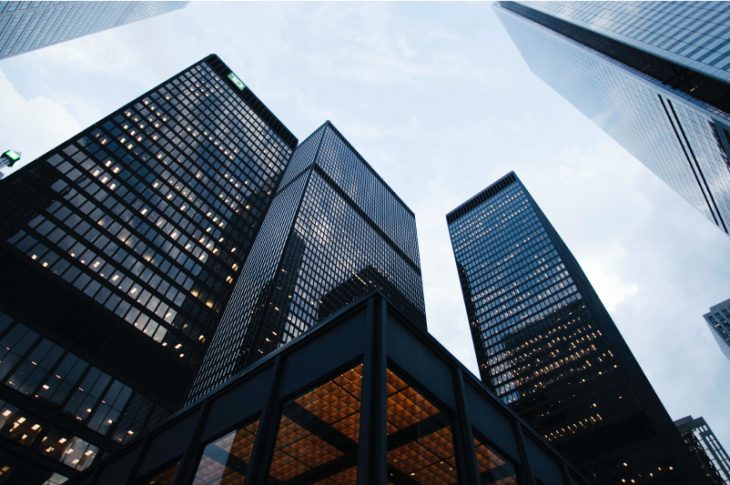Housing Society
GST Rules in Common Housing Society Maintenance
- 6 months ago
|
- 0 comments
The Goods and Service Taxes (GST) buyers pay while purchasing any property are different from maintenance charges GST. After one purchase a property in a housing complex, the associated GST with maintenance charges is one of the must-pay for its inhabitants.
Generally, maintenance charges are collected from the residents to upkeep the common areas of the society. Apart from it, several amenities are provided to them for convenient, tranquil, and wholesome living in exchange for some monthly fees also applicable with GST. Generally, the entire charges and fees are applicable for GST collection. However, the amount can not be collected randomly as there are specific GST rules in housing society.
GST Applicability on Housing Societies
A circular was issued by the government Circular No.109/28/2019- GST on “Issues relating to GST on a monthly subscription or contribution charged by a Residential Welfare Association (RWA) from its members” on July 22, 2019. The RWA collects the charges adhering to government rules and regulations. Though not all residents have to pay the amount as there are parameters and criteria before the association can levy the GST charges.
Criteria for GST applicability
Do you know how much you are supposed to pay for maintenance purposes? As every product and service has different GST charges check these criteria before you start living in your dream house. Every community must follow these GST Rules in Housing Society.
The main two criteria for charging GST are:
GST is only applicable only to those housing societies which have yearly maintenance cost turnover cost above 20 lacs.
Also, if a housing society contributes over 7500 per member to Resident Welfare Association then the GST rate on residential flats is 18% GST per month.
Elements for maintenance charges on flat and calculation process
The housing societies cannot add GST on any element which is being billed in the invoice to the members for maintenance collection. The housing society can charge the residents GST on the member’s contributions to the repair funds paid to the society following the maintenance charges on flats. Sinking funds, car parking funds, and non-occupancy funds, id collected by the society as maintenance charges not as deposits these can also be charged under GST as per GST Rules in Housing Society. Also,
Input Tax Credits
The ITC or Input Tax Credit of GST paid for capital goods like lawns, furniture, generators, water pump and etc., and other goods like sanitary or hardware fillings, pipes, taps and etc. must be charged by the Residents Welfare Association. Apart from these, Input services like repair and maintenance services are also included under GST on the maintenance amount allotted for each residential building.
Exemptions
On these exempted items the housing does not need to charge GST for each item on the maintenance bill. The exempted heads for GST are Water Tax, Municipal Tax, Non-agricultural Land Tax, and Property Tax are exempted from GST in the CAM bill collection process.
Reverse GST charge mechanism
Often the housing society face of paying different GST for different goods and services. Though the residents are entitled to pay 18% to the housing association.
Although the housing society cannot directly reduce the GST rate applied to maintenance charges for its customers, it does have the option to lower the overall maintenance charges. This would allow society to pass on the benefits of input credits that it receives. The actual extent of the reduced maintenance charges would depend on the available input credits and any liability under the reverse charge mechanism, if and when it is implemented.
Conclusion
Before purchasing a property the buyer must find out if the builder has a valid GST no. If the builder is charging maintenance for the property still under construction find out the proper reason before paying any amount. Properly know the GST rules and regulations for housing societies for safe and secure living.

